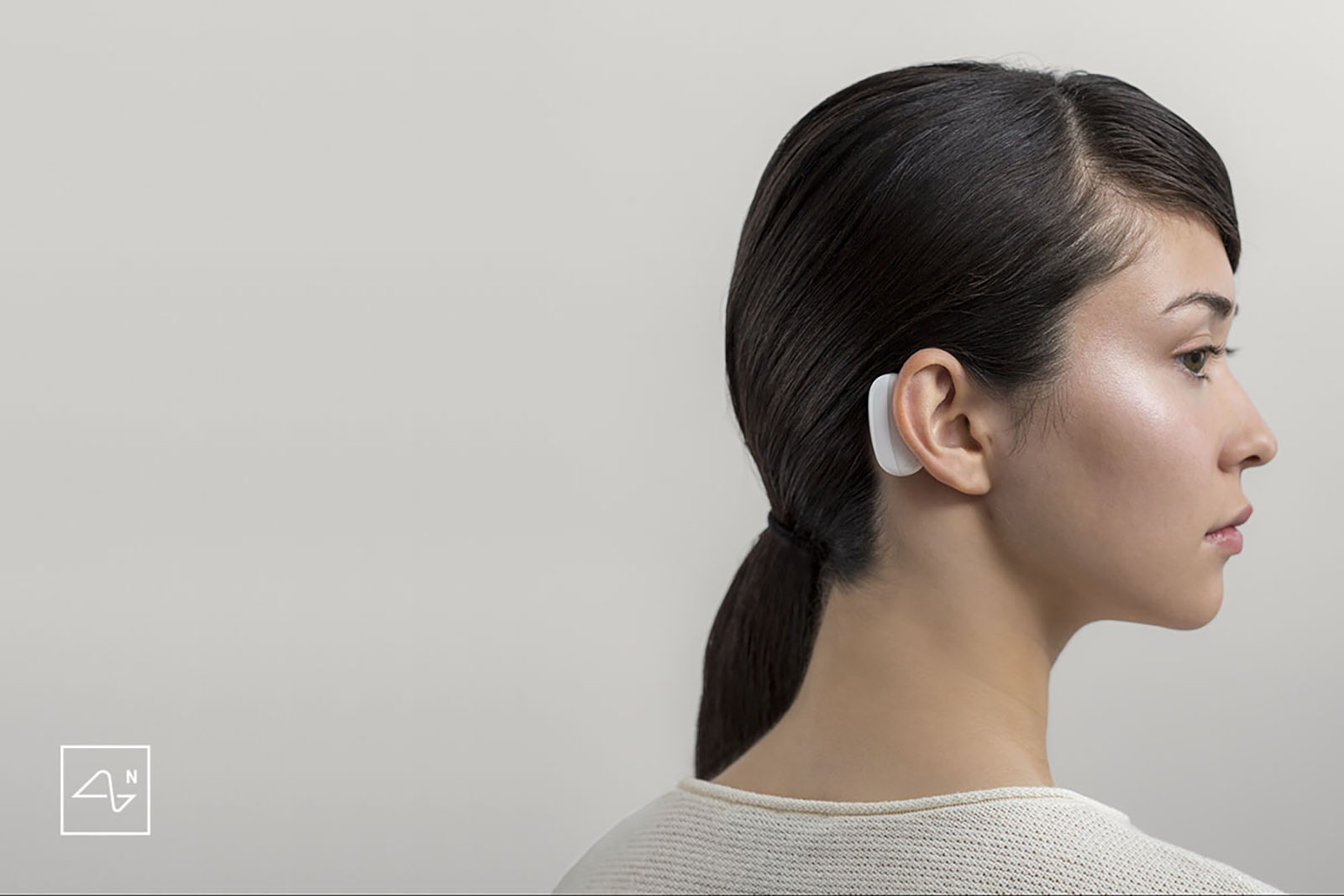Elon Musk Stated That His Neuralink Brain Chip Could Aid In The Treatment Of Morbid Obesity. According To Scientists, It’s A Long Shot.

Elon Musk believes that his Neuralink brain chip could aid in the treatment of morbid obesity. According to experts, the billionaire’s dream isn’t as far-fetched as it may appear.
“I don’t think it’s any more implausible than other claims for the potential of neurotechnology,” Professor Andrew Jackson of Newcastle University, an expert in neural interfaces, told Insider.
Musk made the suggestion during a TED talk on April 14, adding “morbid obesity” to a growing list of ailments he believes Neuralink could help treat.
According to experts interviewed by Insider, a commercially available obesity-fighting brain chip is still a long way off, but the concept is promising if supported by the right science.
A brain implant to help you lose weight?
Musk founded Neuralink in 2016 with the goal of developing a microchip that can be implanted into a person’s skull. Tiny wires with electrodes fan out from the device, allowing it to read and potentially stimulate brain activity.
Musk has previously stated that he believes Neuralink could treat a wide range of neurological disorders, including Parkinson’s and Alzheimer’s disease. He’s also made outlandish claims about the chip “curing autism” and fostering “symbiosis” between humans and artificial intelligence.
There is no additional information about how Neuralink could aid in the fight against obesity aside from Musk’s comments in his recent TED interview.

However, Sadaf Farooqi, a professor of metabolism and medicine at the University of Cambridge, believes the concept is feasible in general.
“We and others have shown that in some people with severe obesity, the function of a specific brain region, the hypothalamus, is really driving often an increase in appetite,” she explained.
The hypothalamus is a gland located in the centre of the brain that is essential in the regulation of hormone production.
“If you could find a way to target that specific region, and even those specific neurons that drive appetite, then in theory, a drug or a technology that did that could improve the lives of patients,” Farooqi explained.
According to Newcastle University’s Jackson, a brain implant would be less invasive than other treatments for morbid obesity. Some of these treatments involve reshaping and reorganising a patient’s digestive system.
Early tests yield conflicting results.
Some researchers are so confident in brain implant technology that they have moved forward with human proof-of-concept trials, which have yielded mixed results.
A brain implant that sent frequent electric pulses to the hypothalamus was used in one trial involving six people with morbid obesity – defined in the study as a BMI of 40 or higher. According to Elemental, one participant lost more than 100 pounds, three lost some but not a lot of weight, and the other two lost none at all.
According to Elemental, only one of three participants lost weight in a separate but similar trial. Another small trial is currently underway.
“I would say that these trials are very much on the cutting edge,” she says. Farooqi








